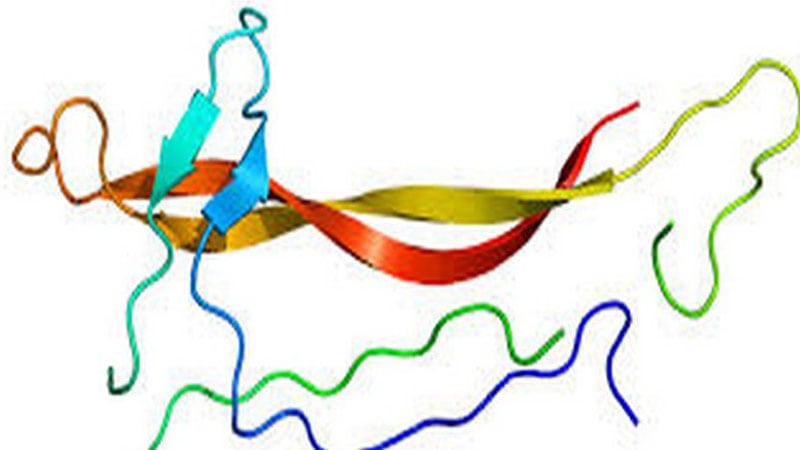Washington: A recent study has revealed that boosting a molecule named neurotrophin-3 in the brain can change ‘dispositional anxiety’. Researchers found that neurotrophin-3 can trigger neurons to grow and make new connections.
The study conducted at the University of California was published in the journal ‘Biological Psychiatry’.
The study provides hope for new strategies focused on intervening early in life to treat people at risk for anxiety disorders, depression, and related substance abuse.
“There are millions of people worldwide who suffer from debilitating anxiety and depressive disorders,” said Andrew Fox, an assistant professor in the UC Davis Department of Psychology.
Anxiety disorders often emerge around adolescence and can continue to affect people for most of their lives. Currently, researchers can identify children who display an extremely anxious or inhibited temperament these young people are at risk to develop stress-related psychopathologies as they transition to adulthood
The roots of the study come from research done by the group about eight years ago in preadolescent rhesus macaques (species of monkeys) when researchers got their first glimpse of molecular alterations in the dorsal amygdala, a brain region important in emotional responses.
The researchers used an altered virus to boost levels of neurotrophin-3 in the dorsal amygdala of juvenile rhesus macaques. They found that the increase of neurotrophin 0-3 in the dorsal amygdala leads to a decrease in anxiety-related behaviours, particularly behaviours associated with inhibition, a core feature of the early-life risk for developing anxiety disorders in humans. Subsequent brain imaging studies of these animals found that neurotrophin-3 changed activity throughout the distributed brain regions that contribute to anxiety.

